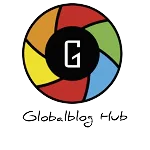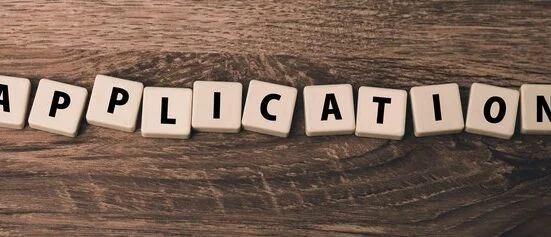Music therapy is a type of therapy that uses music to improve the mental health of patients. It can be used to treat a wide range of mental health conditions, including depression, anxiety, and post-traumatic stress disorder (PTSD). Music therapy is a safe and effective treatment option for many people. It is often used in conjunction with other forms of therapy, such as counseling or medication. Many people aren’t aware of the fact that it can also be used as a component of an addiction recovery program. If you’re interested in learning more, read on to find out how music therapy is useful in addiction recovery.
How is music therapy useful in addiction recovery?

Before discussing music therapy, you should know that inpatient treatment is often the best first step in treating addiction. It may seem daunting, but there are luxury rehab centers where you can participate in a comprehensive treatment program that will give you the skills you need to begin recovering. You want to look for a facility with a staff that is qualified and experienced, and the facility should be accredited and licensed. It’s also important to make sure that the facility is comfortable and provides a positive environment. Amenities and recreational activities can also be beneficial.
Music therapy can be useful in recovery because it can allow the addict to express their emotions, work through their problems, and improve their mood. Music therapy can also improve the addict’s communication and problem-solving skills and can increase their self-confidence and self-esteem. Music therapy can help to reduce stress and anxiety, promote relaxation, and improve sleep quality.
There are many different types of music that can be calming and positive for those in recovery. Some people find classical music to be soothing, while others prefer nature sounds or New Age music. It’s necessary to find music that resonates with you and helps you to relax. James McRoberts is a great option, as he has releases that include a lot of tranquil melodies and that take inspiration from sources like the psalms. You can explore his music or look for other artists that inspire you.
What else can you do to support your recovery?

Nature therapy, or ecotherapy, is the use of nature and the natural environment to promote physical, mental, and spiritual health. Nature therapy can be used to improve mood, reduce anxiety and stress, and improve overall well-being. Research even indicates that spending just 20 minutes interacting with nature can lower your body’s cortisol levels, which is a stress-producing hormone. Nature therapy can be used in a variety of ways to promote addiction recovery. Some people may choose to go for walks in nature, while others may choose to spend time gardening or participating in other outdoor activities. No matter what activity you choose, spending time in nature is a great way to improve your overall well-being.
When you’re recovering from addiction, you’ll need to learn to avoid triggers. Triggers are things that can cause you to relapse, and they can be different for everyone. Some common triggers include being around people who are using drugs or alcohol, being in a stressful situation, or being in a place where you used to use drugs or alcohol. If you can’t avoid them, then you need to be prepared to deal with them head-on. This may mean having a plan in place for how you will deal with temptation or having support from friends or family members who can help you stay on track.
Addiction is a complex disease that can have a profound impact on an individual’s life. Recovering from addiction isn’t easy, but it is possible. There are many resources available to assist you in your recovery, including support groups, addiction treatment programs, and therapy. If you are recovering from addiction, you may want to seek out a therapist who is trained in music therapy, as it can be a useful part of a holistic approach. For many people, music therapy is a valuable tool in recovery.






